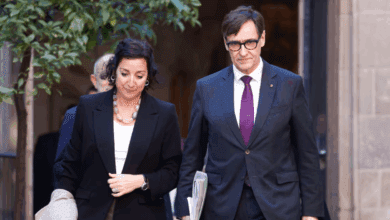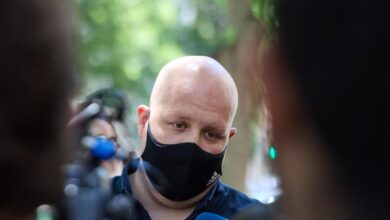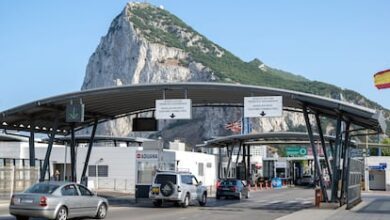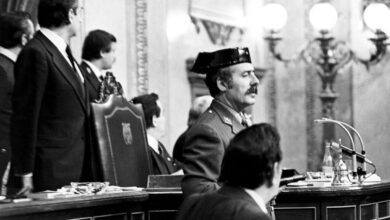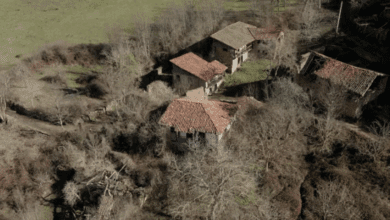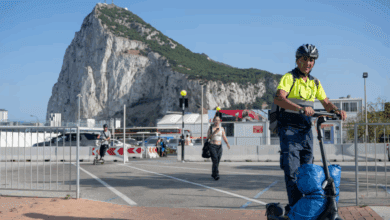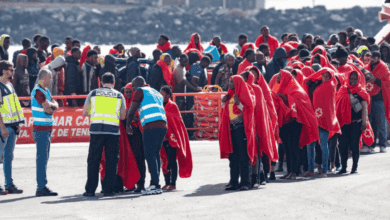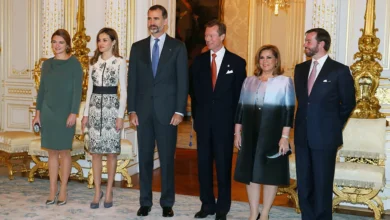
A high-profile trial is unfolding in Spain’s capital: Pedro Vázquez Jarava, former Deputy Head of Logistics for the Guardia Civil, now finds himself in the dock. He is accused of accepting illegal payments in exchange for awarding contracts to repair government buildings.
Prosecutors claim that between 2015 and 2018, the general used his authority to decentralize funding, allowing local commands to sign small construction contracts independently. He allegedly recommended a particular contractor to unit leaders—businessman Ángel Ramón Tejera de León, also known as Mon. It was his companies that were entrusted with fixing dampness issues on the facades of several barracks across the country.
As a result, the firms Canarycork S.L., Angrasoscur S.L., and Solocorcho S.L., all connected to this businessman, secured contracts worth over two million euros. The work spanned commands in Coruña, Alicante, Albacete, Cádiz, Badajoz, Castellón, Jaén, Huelva, Murcia, Valladolid, Ávila, and Tenerife. However, it later emerged that many of these renovations had major violations: the contractor lacked the required skills, and the techniques used actually worsened the waterproofing problems.
Details of the charges and alleged gains
According to the prosecution, the general received not only cash—about €45,700—for lobbying on behalf of a contractor, but also lavish trips. These included tickets to the Champions League finals in Milan and Cardiff, family vacations in Cádiz and Lanzarote, as well as partial payment for real estate and home accessories in Madrid. Investigators believe all of these expenses were disguised as personal costs or mutual services.
The defendant insists he never accepted any gifts and reimbursed all expenses. However, case materials and financial audits conducted by the Civil Guard’s internal department show otherwise. The investigation also examined potential cases of abuse of power, document forgery, and embezzlement, but the court ultimately limited the charges to accepting bribes.
Legal outlook and possible consequences
Alongside the general, the businessman himself—already implicated in another corruption case—will also stand trial. Both face up to one year in prison. The trial will take place with a jury in Madrid; a hearing date has not yet been announced.
This case could become one of the most high-profile in the recent history of Spain’s security forces. It once again raises questions about the transparency of government procurement and the responsibility of senior officials for using their positions for personal gain.
